Rudolf Heß
Nacimiento : 1894-04-25, Alexandria, Egypt
Muerte : 1987-08-17

Self - Politician (archive footage)
En 1945, dos jóvenes soldados estadounidenses, los hermanos Budd y Stuart Schulberg, reciben el encargo de recopilar pruebas filmadas y grabadas de los horrores cometidos por el infame Tercer Reich para demostrar los crímenes de guerra nazis durante los juicios de Núremberg (1945-46). La historia de la realización de «Núremberg: una lección para el mundo de hoy», un documental histórico de primer orden, estrenado en 1948.
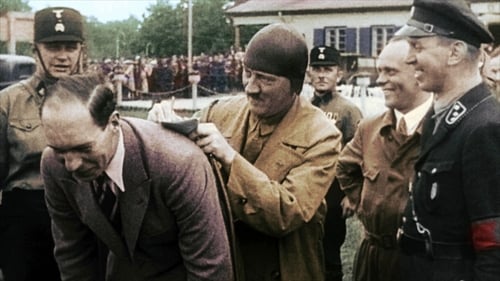
Self (archive footage)
How Germany was when its people entered the nightmare of World War II? Despair and fear lead a hungry population to follow the chilling call of just one man to world domination. A real-life horror story, an ominous tale of violence and deception, which takes place from 1919 to 1934. (Entirely made up of restored, colorized archival footage.)
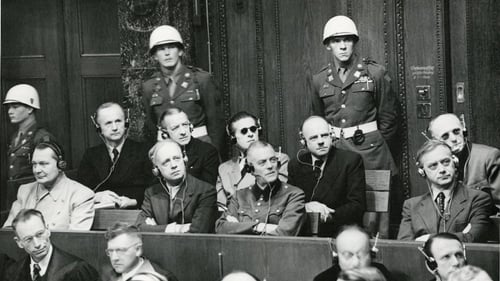
Himself
The documentary of the Nuremberg War Trials of 21 Nazi dignitaries held after World War II.

Self (archive footage)
In September 2001, respected German historian Lothar Machtan dropped a bombshell on the world of Hitler studies: Hitler was secretly homosexual. His highly acclaimed and explosive book "The Hidden Hitler" ignited a storm of controversy. With information from the bestselling book, award-winning filmmakers Fenton Bailey, Randy Barbato and Gabriel Rotello explore areas of the Führer's private life.

Himself (archive footage)

A documentary looking at the life and career of film director Frank Capra. Hosted by Ron Howard.

Self (archive footage) (uncredited)
An expose of the beliefs, history, and personalities of American White Supremacist groups, including neo-Nazis, fascists, the Ku Klux Klan, and the Aryan Nation. Footage includes interviews, as well as the supremacist's own promotional material. Subject discussed include the loss of America to the "colored" races, the imminent racial bloodbath, interracial breeding, prejudice, the Holocaust, Jesus, Christianity, Jews, the Bible, and illegal immigrants who enter the country with nuclear bombs strapped to their backs.

Self (archive footage)
The mass murder of Jewish people by the Nazi regime is chronicled, with a warning that anti-Semitism is on the rise and the events of the Holocaust could happen again. The history of European Jewish culture and events before and during the Holocaust are seen in newsreels, photographs, and animated segments. The words of the victims of the era are read, and footage from the liberation os a concentration camp is shown.

Self (archive footage) (uncredited)
Documents the major trial of the Nazi war criminals and the violent acts that they were accused of.

Self (archive footage)
The film begins with the First World War and ends in 1945. Without exception, recordings from this period were used, which came from weekly news reports from different countries. Previously unpublished scenes about the private life of Adolf Hitler and Eva Braun were also shown for the first time. The film was originally built into a frame story. The Off Commentary begins with the words: "This film [...] is a document of delusion that on the way to power tore an entire people and a whole world into disaster. This film portrays the suffering of a generation that only ended five to twelve. " The film premiered in Cologne on November 20, 1953, but was immediately banned by Federal Interior Minister Gerhard Schröder in agreement with the interior ministers of the federal states of the Federal Republic of Germany.
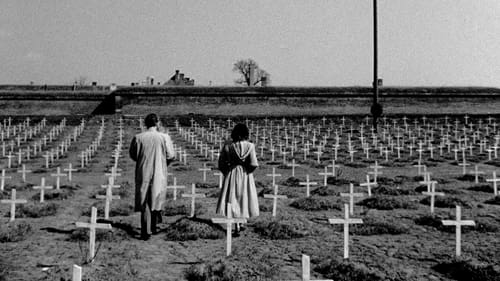
Self - Politician (archive footage)
Praga, durante la Segunda Guerra Mundial. Hana Kaufmann, una oftalmóloga judía, se casa con el Dr. Antonín Bureš, un hombre cristiano. Cuando su familia es enviada al campo de concentración de Theresienstadt, su romance se convierte en una lucha por la supervivencia.
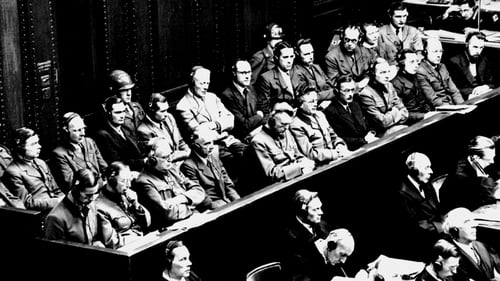
Self
How, in November 1945, after the end of the World War II and the fall of the Third Reich, the international prosecutors participating in the first Nuremberg trial —formally, the International Military Tribunal— built their case against the top Nazi war criminals using the films and records produced by the own regime, obsessed with documenting everything in its long path of infamy and crime.

Self
During the colorful ceremonies of the Nuremberg rallies, Hitler Youth parade before their Fuehrer and are addressed by Nazi youth leader Baldur von Schirach, Rudolf Hess, and Hitler himself.

Self (uncredited)
Documental sobre los Juegos Olímpicos celebrados en la ciudad de Berlín en 1936. Divida en dos partes de 118 y 107 minutos, respectivamente, el atletismo ocupa buena parte de su metraje, incluida la primera parte en su integridad. La segunda incluye imágenes de gimnasia, vela, pentatlón, decatlón, hockey sobre hierba, polo, fútbol, ciclismo, hípica, remo, salto y natación.
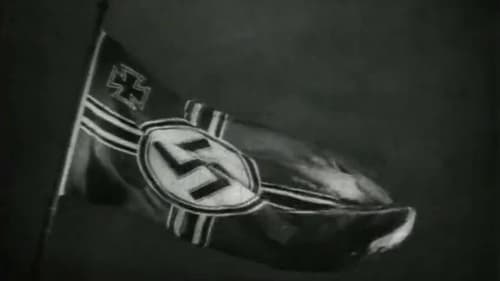
Self
Se trata de un film propagandístico del las fuerzas armadas del régimen nazi, que actualmente está parcialmente perdido (sólo se conservan aproximadamente 17 minutos que fueron redescubiertos en 1970). El documental es una cobertura del VII Congreso del Partido Nazi, que tuvo lugar en Núremberg. Se presenta una advertencia de lo que está por venir por medio de la representación de un simulacro de batalla, escenificado por las tropas alemanas durante la ceremonia en Núremberg del Día de las Fuerzas Armadas de Alemania, en 1935. La cámara sigue a los soldados desde sus preparativos a comienzos del día en sus tiendas de campaña, y cuando marchan cantando a la amplia plaza donde tiene lugar una guerra en miniatura, en la que participan la infantería, caballería, aeronaves y defensas antiaéreas. Asimismo, tiene lugar la primera aparición pública del nuevo tanque alemán, que es presentado ante Adolf Hitler y miles de espectadores.
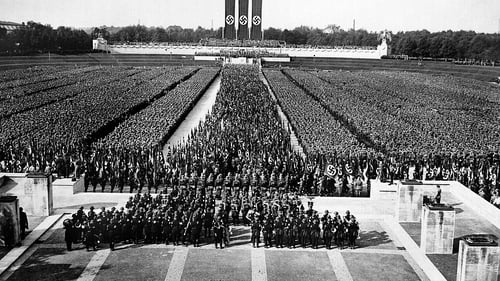
Self
Alemania, año 1934. Adolf Hitler acababa de llegar al poder un año antes. En Nuremberg el partido nacionalsocialista celebra un triunfalista y patriótico congreso en el que se exaltan los valores raciales y patrios del pueblo ario alemán.
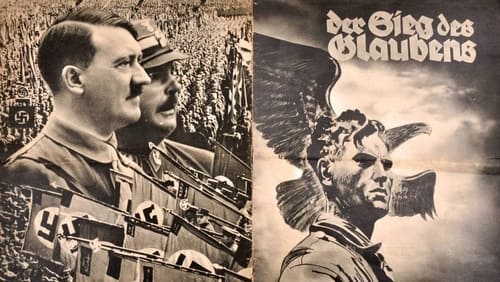
Self
Cobertura del 5º Congreso del Partido Nazi en Nürenberg, del 1 al 3 de septiembre de 1933. El documental comienza con el amanecer del primer día, cuando la tranquilidad se transforma en un bullicio que culmina con la llegada de Hitler.












